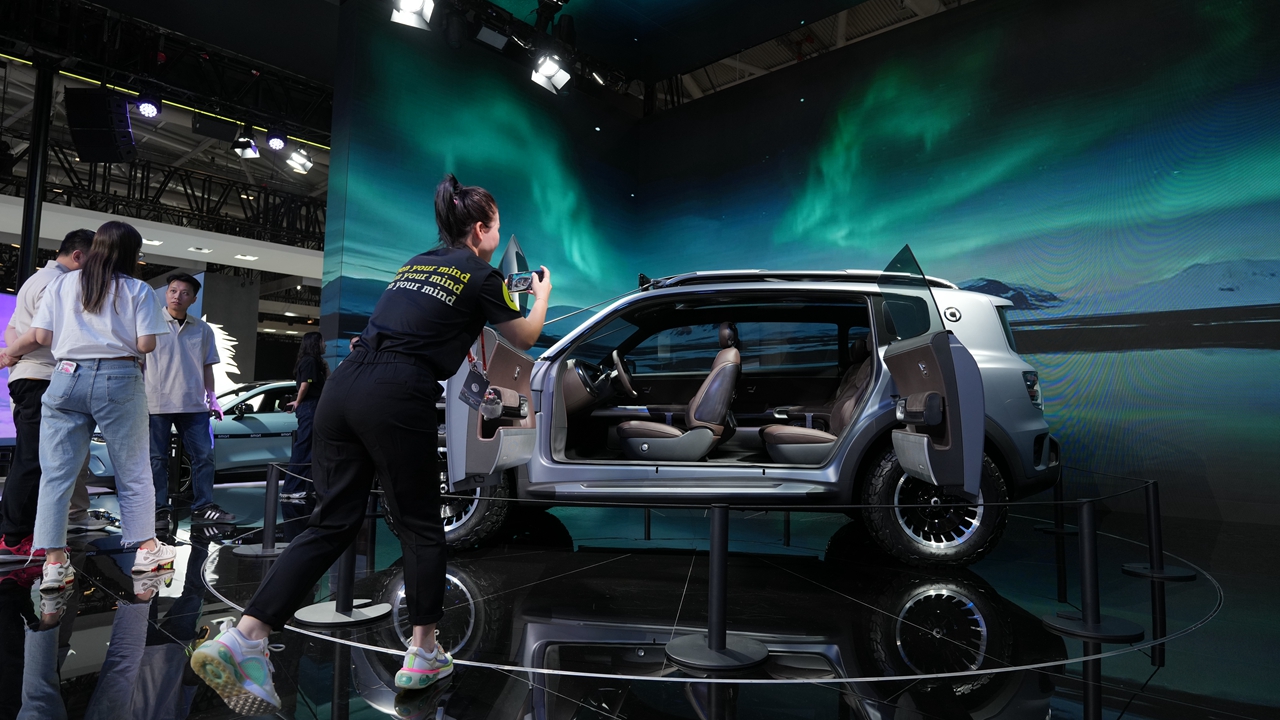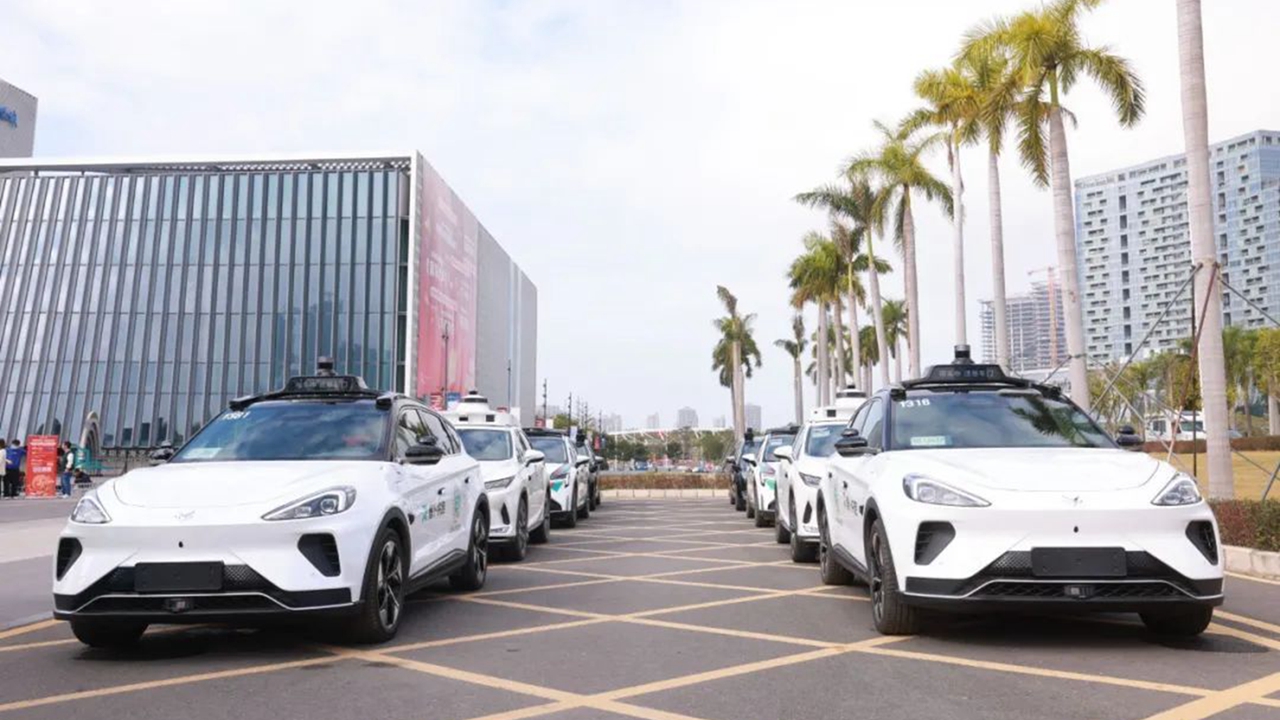Policy Spotlight | New policies that may impact our life
Writer: | Editor: Zhang Chanwen | From: | Updated: 2024-06-18
SZ eases NEV purchase limits for individuals, including expats
Shenzhen has relaxed restrictions on license plate applications for buyers of new energy vehicles (NEVs), including expats, as part of efforts to stimulate auto sales — one of the city’s key economic growth drivers.
The revised policy will remain in effect until Dec. 31, 2025, according to guidelines released by the city’s transportation bureau.

Visitors pack the Guangdong-Hong Kong-Macao Auto Show that was held in Bao'an District earlier this month. Liu Xudong
Under the new policy, foreign nationals with valid visas or residence permits issued in Shenzhen who do not own a vehicle registered in the city can now apply for a license plate for a pure electric vehicle or government-verified hybrid electric vehicle. The previous requirement that they must have maintained a visa issued in the city for a minimum of two years or had continuous residency for at least two years, with a stay of at least nine months each year, has been lifted.
Similarly, overseas Chinese and residents from Hong Kong, Macao, and Taiwan with valid temporary residence registration no longer need to prove a minimum of nine months’ residence in the city each year for the past two years.
For mainland residents without Shenzhen hukou, the previous requirement of providing a valid Shenzhen residence permit and evidence of basic medical insurance payments for 24 months within the city has been abolished.

Visitors take an interest in a new energy vehicle at the Guangdong-Hong Kong-Macao Auto Show. Liu Xudong
Individuals who possess only one car with a local license plate or have secured a quota for a local license plate — including local hukou holders, non-hukou residents, overseas Chinese, residents from Hong Kong, Macao, and Taiwan with valid temporary residence registration, and foreigners with valid visas or residence permits — are eligible to apply for an additional local NEV car plate. This applies to those holding a valid Class C or higher driver’s license.
Currently, vehicles bearing non-Shenzhen license plates are restricted from using public roads during peak traffic hours on weekdays to alleviate congestion during the busiest times of the day.
Last month, the city scrapped rules that exclude non-Shenzhen hukou holders who have not paid social insurance in the city for at least 24 months from buying pure electric or government-verified hybrid electric vehicles.
Shenzhen began to limit the excessive growth of car ownership via a license plate quota in 2014. Consumers must apply for new local plates through a lottery or auction system.
Regulation to target online insults, rumors
China has introduced a new regulation to combat cyberbullying that imposes stricter requirements on internet platforms, aiming to enhance early warning systems dealing with online attacks, experts said.
The regulation, released jointly by the Cyberspace Administration of China, the Ministry of Public Security, the Ministry of Culture and Tourism, and the National Radio and Television Administration, defines online bullying as illegal or harmful content targeting individuals. It includes insults, rumors, defamation, discrimination, invasion of privacy, belittling and intimidation.
To come into effect Aug. 1, the 34-article regulation will require internet service providers to strengthen early warnings against potential cyberbullying.
The China Daily report on anti-cyberbullying is available at:
https://www.chinadaily.com.cn/a/202406/17/WS666f90d1a31095c51c509354.html
Shenzhen unveils initiative to support auto industry
Shenzhen has introduced directives focused on bolstering key industries like new energy vehicles and intelligent connected vehicles, part of the southern China booming city's ambition to build itself into a global auto hub.
Unveiled by the Shenzhen Municipal Industry and Information Technology Bureau, the pioneering support initiative is a strategic move set to revolutionize the automotive landscape in Shenzhen.

Intelligent connected vehicles are seen at a pilot zone for intelligent connected vehicles in Bao'an District. Photo from Dute News
The initiative aims to invigorate firms across the production chain, streamline support mechanisms, and boost the development of new energy vehicles and intelligent connected vehicles.
By fostering projects in public service platforms, automotive electronic certification endeavors, industrialization initiatives, and more, the strategy seeks to elevate fund management efficacy and utilization to drive the high-quality advancement of the city's automotive sector. The goal is to fast-track Shenzhen's transformation into a premier "world-class automotive city of the new generation."
The Eyeshenzhen report on this issue is available at:
http://www.eyeshenzhen.com/content/2024-06/14/content_31017722.htm